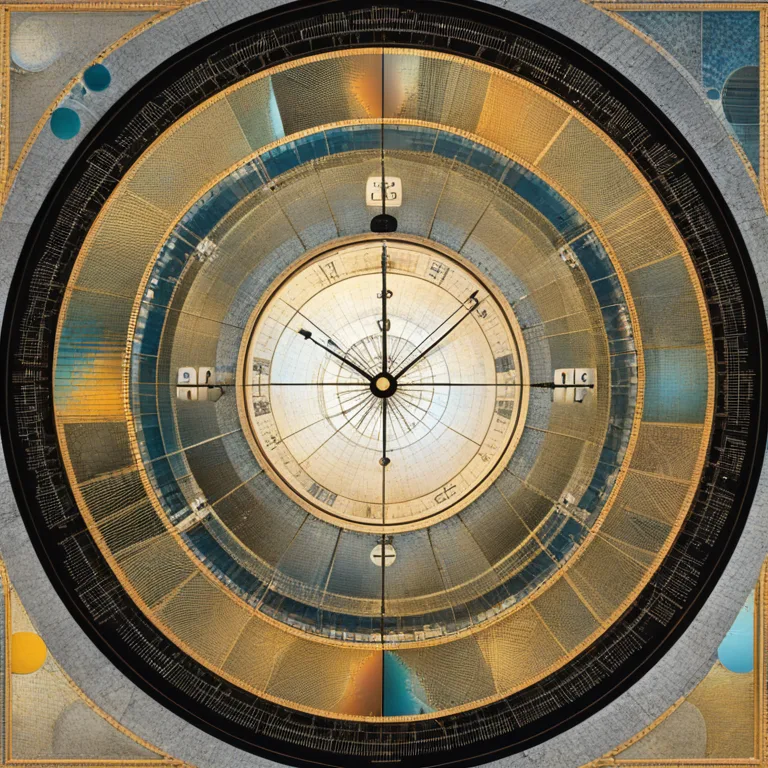
The Emotional Wave of Biorhythms: Riding the Inner Flux
Discover the science behind emotional biorhythms and learn how tracking this natural cycle can help improve your daily life and relationships.
article by Adrian Wallace
Introduction to Biorhythms
Biorhythms are thought to be innate cycles that regulate various aspects of human behaviour and well-being. One of these cycles, the emotional biorhythm, purportedly affects our mood, feelings, and relationships. It operates on a 28-day cycle, with high, low, and critical phases influencing our emotional state. While the concept of biorhythms is not universally accepted in the scientific community, it has gained popularity as a tool for personal insight and development.

Identifying Emotional Phases
To understand our emotional biorhythm, one must learn to identify the different phases. During the high phase, an individual may feel more optimistic and sociable, whereas, in the low phase, feelings of sadness or apathy could be more prevalent. The critical phase, a transitional period between high and low, is often associated with emotional instability and is considered a time for caution.

The Science behind the Cycle
The science underpinning biorhythms is debated, with some studies suggesting a link between physiological rhythms and emotional cycles. As of 2024, there is a movement in research looking into chronobiology, the branch of biology concerned with periodic or cyclic phenomena in living organisms, and how it may correlate to the theory of biorhythms.

Tracking Your Emotional Biorhythm
In today's data-driven world, numerous apps and online tools are available to help track one's emotional biorhythm. By inputting personal data such as your birth date, these tools can chart your emotional highs and lows over time. This personal emotional calendar can be a self-awareness tool to better manage personal and professional relationships.

Practical Applications
Understanding your emotional biorhythm can have practical applications. By anticipating your emotional phases, you can plan stressful activities or important decisions around your emotional highs and avoid critical phases for better outcomes. It also offers an additional perspective when addressing conflicts, as understanding your current emotional state provides an opportunity for more compassionate interaction with others.
Criticism and Consideration
Despite its appealing concept, emotional biorhythms, like any unproven theory, face skepticism. Critics highlight the lack of empirical evidence and caution against over-reliance on biorhythms for important life decisions. Proponents, however, argue that emotional biorhythm tracking can be a valuable introspective tool when used in conjunction with other well-established personal development methods.
Conclusion
Embracing the concept of emotional biorhythms could provide a framework for understanding our fluctuating emotional landscape. Although the scientific community remains divided on its validity, the personal testimonials of those who find value in tracking their emotional cycles cannot be dismissed. As with any tool for personal growth, the utility of emotional biorhythm tracking ultimately lies in the hands of the individual.
Published: 12/28/2023
Modified: 12/28/2023
More predictions
Come back here soon to learn more about yourself and your future


Unlocking Biorhythm Calculations
Learn the ins and outs of measuring your biorhythms to align with your natural energy cycles for enhanced well-being and decision-making.


The Practical Uses of Biorhythms in Our Lives
Discover how biorhythms can be applied to improve well-being and achieve a better understanding of personal cycles in health, decision-making, and relationships.


The Core of Biorhythm Theory
Delve into the core of biorhythm theory, a concept that suggests our daily lives are influenced by natural physiological cycles.